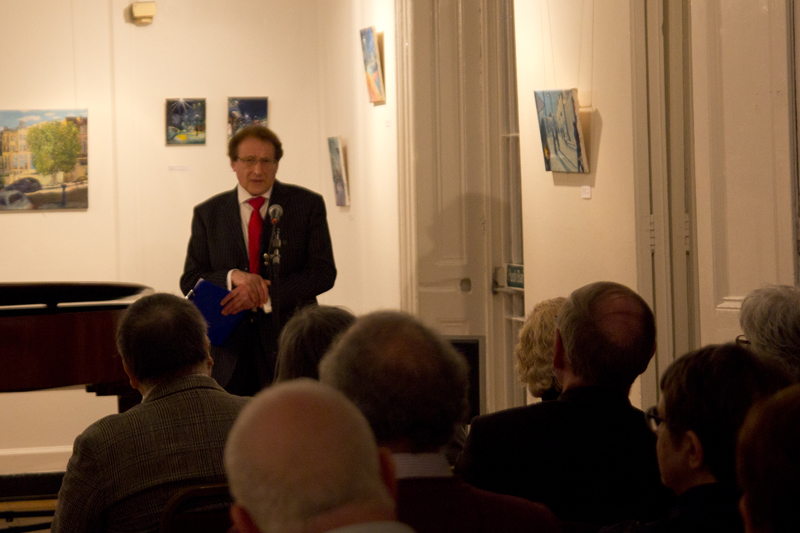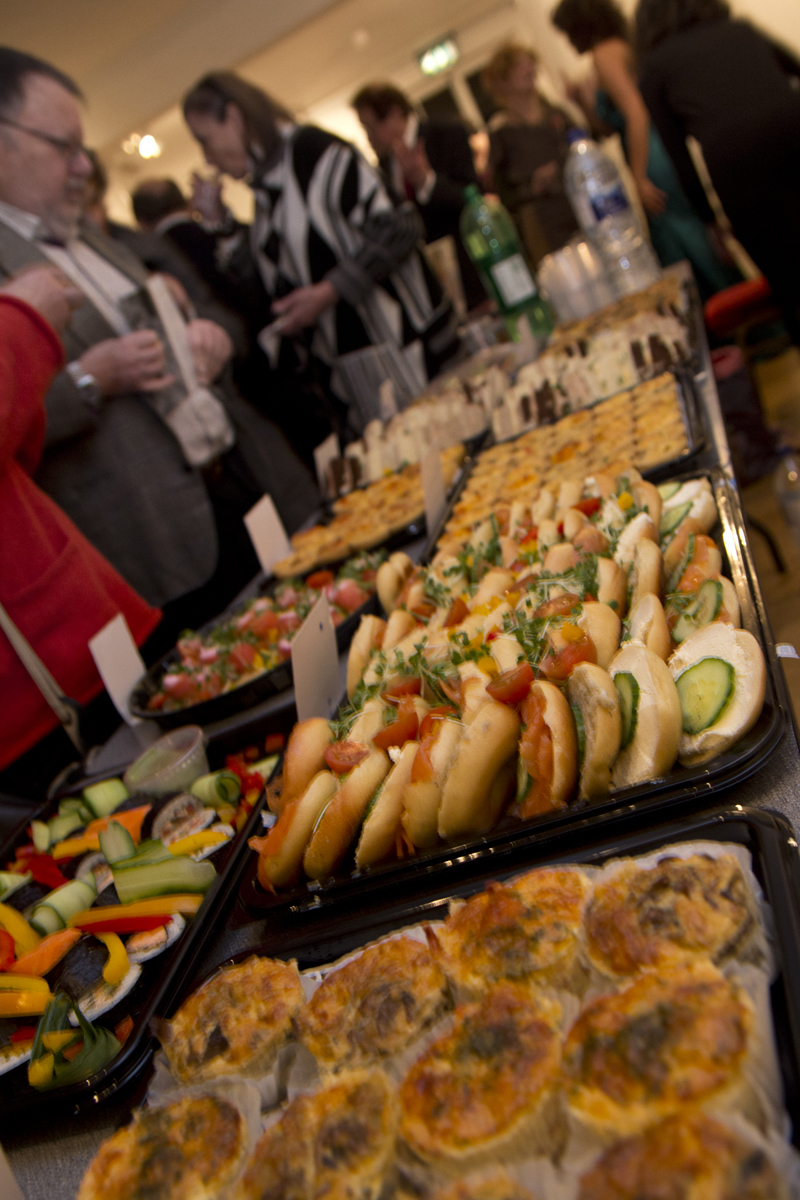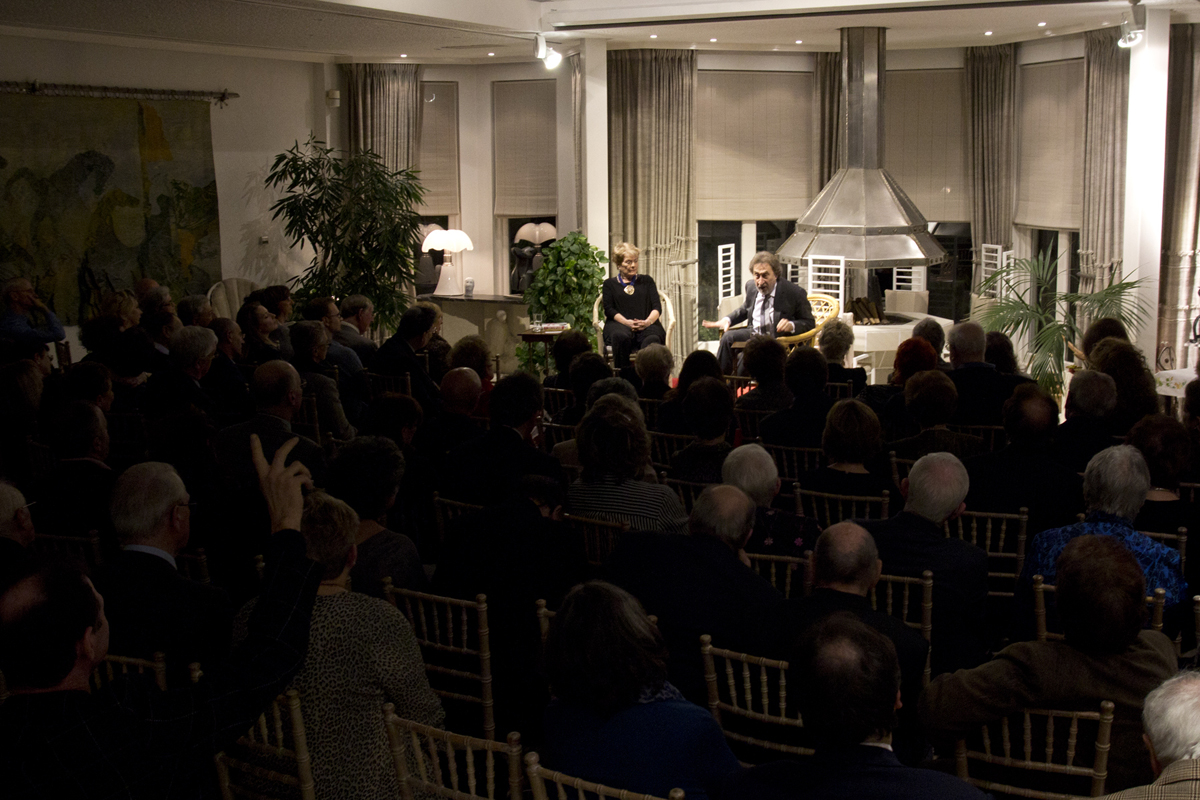 At 3.15 pm on Sunday 30 April a cast of actors, writers and academics amongst others will read from the first page of Primo Levi’s seminal novel If This is a Man. Taking on chunks of the text each to read aloud, they will only stop when they reach the novel’s final page – an estimated six-hour feat. This unique reading is taking place at London’s Southbank Centre to mark 70 years since the publication of Levi’s harrowing account of the year he spent in Auschwitz concentration camp when he was 23 years old.
At 3.15 pm on Sunday 30 April a cast of actors, writers and academics amongst others will read from the first page of Primo Levi’s seminal novel If This is a Man. Taking on chunks of the text each to read aloud, they will only stop when they reach the novel’s final page – an estimated six-hour feat. This unique reading is taking place at London’s Southbank Centre to mark 70 years since the publication of Levi’s harrowing account of the year he spent in Auschwitz concentration camp when he was 23 years old.
We spoke to one of the curators of the event, novelist AL Kennedy, about why the book remains so significant today.
When did you first read If This Is A Man? I read If This Is A Man and the Truce (the accompanying volume that describes Levi’s experiences immediately after the liberation of Auschwitz) for the first time when I was a teenager. In the 1970s and 80s you were beginning to see mass representation of the Holocaust on TV so it was a subject that was beginning to make an impact on me.
I was brought up in a nominally Christian family, but my mother who was at teacher’s training college told me stories of a woman she trained with who had escaped from Europe under a train with her husband. It was the first time I had heard of anyone having to do something like that.
I was filled with the inescapable question: how could this have happened? As a teenager the book was one of my principle educational experiences.
Why is it important to read today? The seeds of the event were sewn last year. We had just had the Brexit vote and there was the discussion about EU citizens and their rights. There was a demonisation of foreigners here, and of Muslims in the States, and antisemitism alongside the rise of Donald Trump. The book seemed very prescient. Levi seemed to be saying that if you ignore the rise of these things the end result could be a prisoner death camp.
How can literature combat these trends? Books are a way to understand people who aren’t you.
Are you worried people might be put off the event because it is so long? It’s a long reading but we wanted to dispel the fear that terrible things will happen if we sit and listen to literature all night!
The further east you go in Europe, the longer the literary events go on, especially in the former Soviet Union countries. There is an understanding that it is a privilege to read literature, there is a hunger for it. In the past people risked their lives to hear literature. In Britain we take the freedom to read what we want for granted.
Literature balances oppression. We need to be wary as it is rolled back and becomes increasingly commercial. The importance of literature has drifted and we need to ensure that we don’t take it for granted.
By Rebecca Taylor
Photo by Donna-Lisa Healy
Primo Levi's If This is a Man takes place on Sunday 30 April. 3.15pm. £15-£25. Royal Festival Hall, Southbank Centre, SE1 8XX. 0844 875 0073. www.southbankcentre.co.uk


























